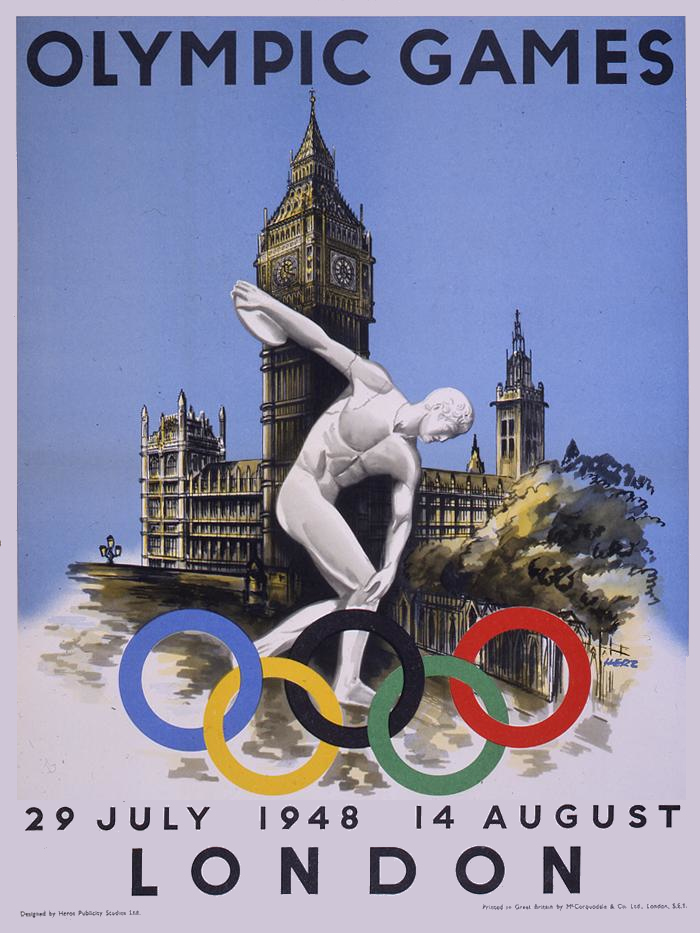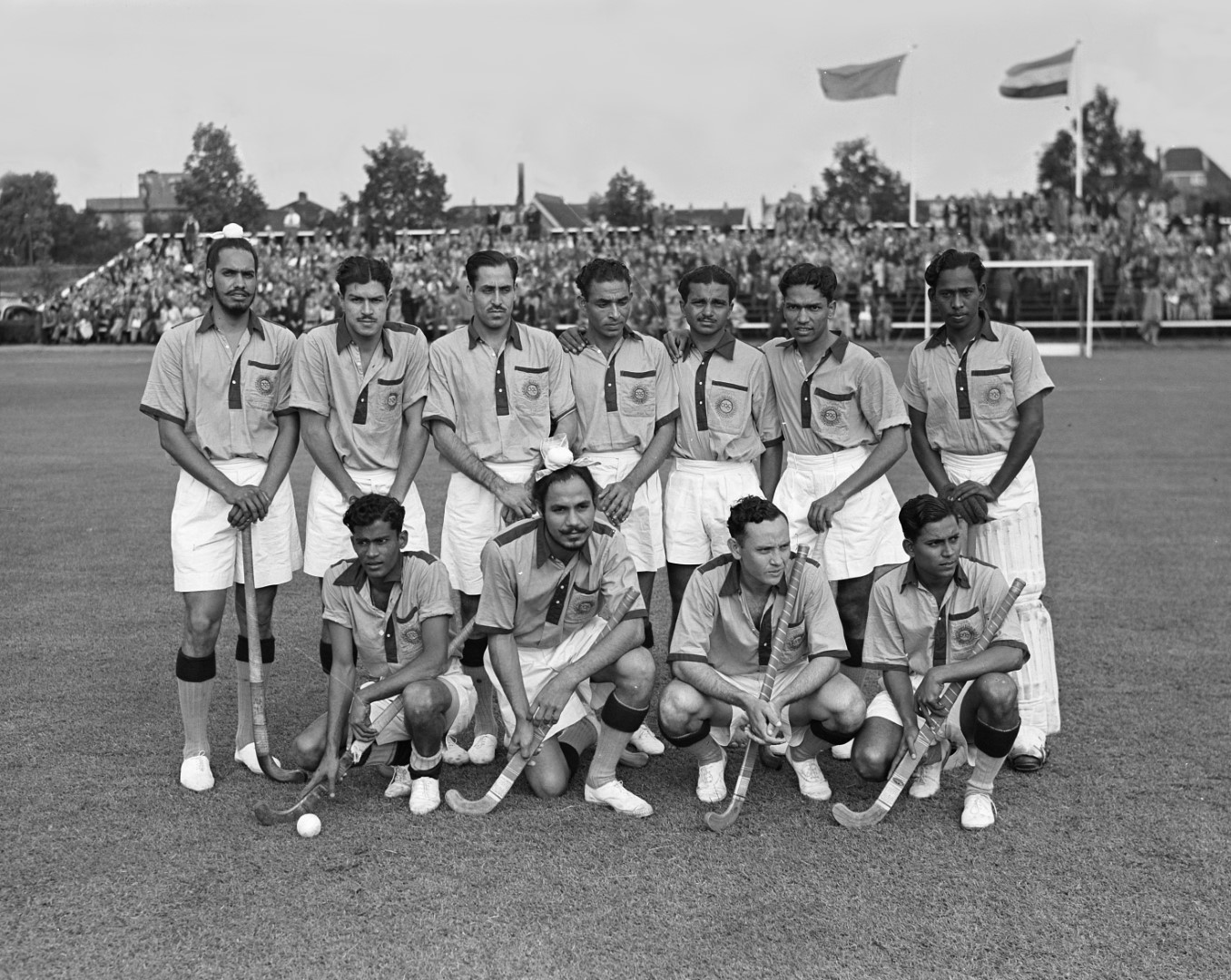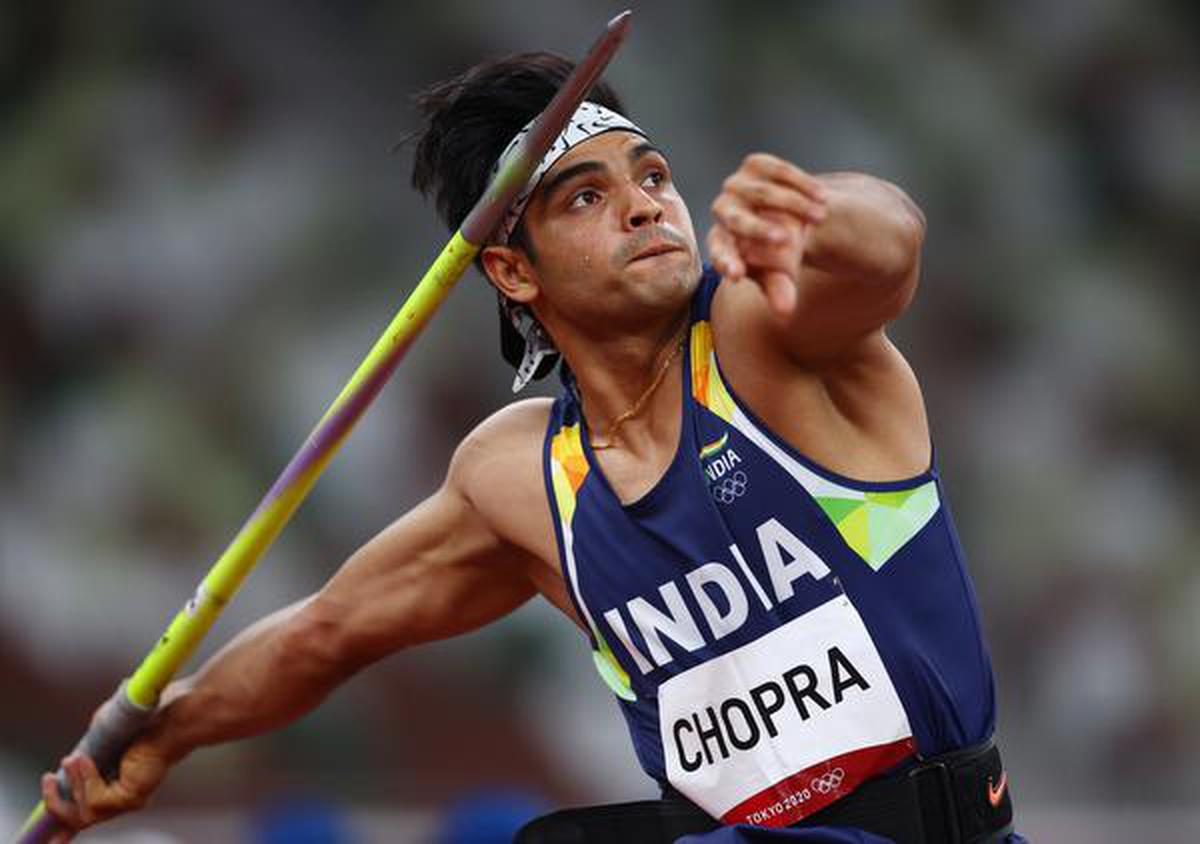
“…At the stroke of the midnight hour, when the world sleeps, India will awaken to life and freedom.” With these words, Jawaharlal Nehru announced to the world that India was indeed a free country, and will take charge of its own reigns. In a space that is relevant to us as sports enthusiasts, the 1948 Olympic games in London was a landmark event, as it marked Independent India’s first venture into the global sporting world.
A total of 86 athletes made the trip to London to complete, including our Indian hockey, football and water polo team, along with representation in individual events such as athletics, boxing, weightlifting and swimming to name a few. While the performance wasn’t something another nation would be proud of, it was indeed a good showing for a country that gained its independence just a year prior to the games. And to top it all off, the Indian hockey team continued its winning streak by picking up the coveted gold medal.

In the Journal of sports history, only a few moments can match the significance of India’s hockey team clinching the gold at the 1948 London Olympics. This victory was a symbol of resilience, determination, and the newfound spirit of a new nation.
The year 1947 witnessed a monumental change for India as it achieved its long-awaited independence from British rule. The nation was now free to forge its destiny and carve its identity on the global stage. The 1948 Olympics presented an opportunity to showcase this newfound freedom and potential. The Indian hockey team, having won the gold in the previous three Olympic games was on a backseat this time, as it lost most of its prominent players to neighbouring country Pakistan during the infamous partition post-Independence. But the Indian hockey team had a point to prove, they wanted to establish that India was no slouch and could function in its new state.
Hockey was more than just a sport in India; it was a passion that ran deep in the veins of the nation. The game’s popularity had grown exponentially during British colonial rule, with many Indians picking up the sport due to its uncomplicated nature of play and easy-to-procure equipment. As India gained independence, it was time to take this legacy forward and establish its supremacy on its terms.
The Indian hockey team’s journey to the 1948 Olympics final was a saga of triumph against all odds. Led by the visionary Kishan Lal, the team exhibited extraordinary teamwork, finesse, and sportsmanship throughout the tournament. Their path to the finals included impressive victories against Argentina and Austria in the group stage and a strong Dutch team in the Semi-finals. Each win not only brought them closer to the gold medal but also ignited the flames of hope and pride back home.
The Clash of Titans: India vs Great Britain:
The Olympics final pitted India against Great Britain – a match that held immense historical and emotional significance. It was a battle between the colonial past and a free future. The Indian team took the field with a determination not just to win but to redefine their identity and prove that they were no longer under the shadow of colonial oppression.
The final, held at Wembley Stadium in London, was a spectacle of exceptional hockey skills, with both teams displaying remarkable technique and strategy. Great Britain put up a valiant fight, but the Indian team was a powerhouse of talent and unity. The Indian forward line showcased impeccable coordination, while the defence thwarted every attempt by the British to breach their stronghold.
The moment of truth arrived when India secured a stunning 4-0 victory over Great Britain, etching their names in history and winning their first gold medal as an independent nation. The joy and pride that swept through the Indian contingent were palpable, and the triumph became a beacon of inspiration for a country that was still finding its footing on the global stage.

India’s Football team, unfortunately, didn’t have a result as favourable as the hockey team. Playing a powerful French side, the team that was led by legendary Indian captain Dr. Talimeren Ao, succumbed to a narrow 2-1 defeat, suffering an early exit from the world cup. However, having played barefoot, the team were received by warm applause after a performance that many did not expect to see, one so commendable that a few of the Indian players received offers to play with European clubs in the coming year.
Since these games, India has consistently participated in every edition of the Summer Olympic games, however, up until 2008 Beijing, while our country has been steadily sending a bigger contingent mirroring the growth of sports in India, results have consistently remained at mainly 1 medal per game, with no Individual gold medals. Since then, in the last four Olympic games, India has registered 2 golds and an overall medals tally of 18 medals, which is more than the number of medals we had won prior to Beijing.
With a more assertive effort from the sports ministry as well as numerous private players impacting the sporting ecosystem, our country slowly but steadily progresses towards having a greater global footprint in the sporting world. The legacy of India’s triumph at the 1948 Olympics endured as a source of inspiration for generations to come and taught the nation that with dedication, discipline, and teamwork, any obstacle can be overcome. It is now up to us to use this source of inspiration and act on it to reach greater heights.










